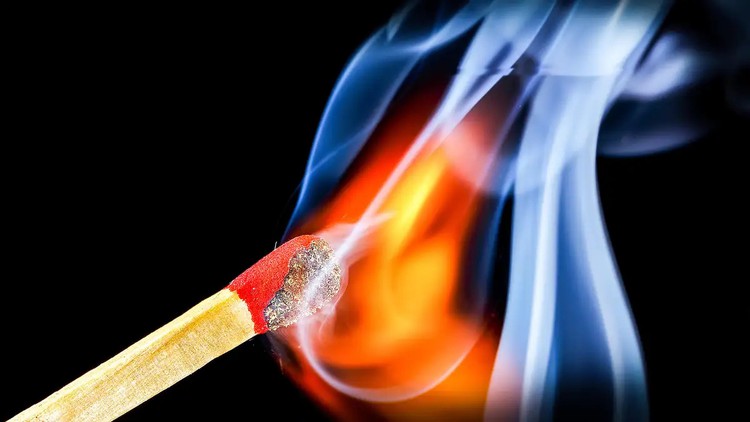
Master the Principles of Energy, Heat, and Entropy: Analyzing Power Plants, Engines, and Refrigeration Systems
What you will learn
Understand basic concepts and laws of thermodynamics
Conduct first law analysis of open and closed systems
Determine entropy and availability changes associated with different processes
Understand the application and limitations of different equations of state
Determine change in properties of pure substances during phase change processes
Evaluate properties of ideal gas mixtures
Description
Thermodynamics is the study of energy . Without energy life cannot exist. Activities from breathing to the launching of rockets involves energy transactions and are subject to thermodynamic analysis. Engineering devices like engines, turbines, refrigeration and air conditioning systems, propulsion systems etc., work on energy transformations and must be analysed using principles of thermodynamics. So, a thorough knowledge of thermodynamic concepts is essential for a mechanical engineer. This course offers an introduction to the basic concepts and laws of thermodynamics.
In this course, students will learn the fundamental principles of thermodynamics, including concepts such as heat, work, temperature, energy, and entropy. The course will cover the laws of thermodynamics, their applications, and their limitations.
Throughout the course, students will explore the various types of thermodynamic systems, including closed, open, and isolated systems, and their associated properties. Students will learn how to analyze and model these systems using thermodynamic equations, including the first and second laws of thermodynamics, and the thermodynamic potentials.
The course will also cover the application of thermodynamics in engineering and industry, including power generation, refrigeration, and combustion. Students will develop an understanding of the practical applications of thermodynamics and how to apply these principles in solving real-world problems.
Overall, this course will provide students with a solid foundation in the principles of thermodynamics and prepare them for further study in related fields such as engineering, physics, chemistry, and materials science. Through lectures, discussions, and problem-solving exercises, students will develop a deep understanding of the behavior of energy and matter and their interactions.
Content